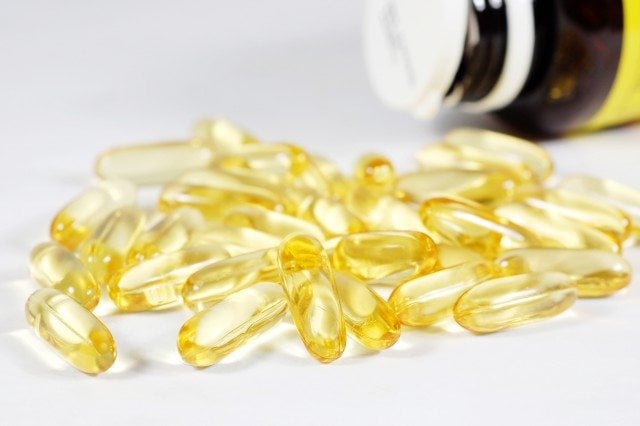DSM is engaging with leading members of the scientific community, as part of ongoing efforts to further its understanding of the ways in which vitamin E can support human health.
These cover areas of research, including the role of vitamin E supplementation in limiting the negative health implications of fatty liver disease, the use of vitamin E in model systems to prevent the sequelae of stroke and the actions of vitamin E in facilitating membrane repair.
The scientific experts include Dr. Arun Sanyal, Virginia Commonwealth University, who has published studies on the efficacy of vitamin E to prevent the progression of non-alcoholic fatty liver disease.
The results of several human studies have demonstrated the benefit of vitamin E compared to placebo.
Vitamin E was found to be effective in reducing the disease activity of non-alcoholic fatty liver disease, was safe in the applied dose and did not lead to side effects such as weight gain.
“This is a significant development, as obesity-related conditions such as non-alcoholic fatty liver disease become key public health concerns on a global scale,” says Dr. Sanyal.
“The results are clear evidence of the benefits that vitamin E supplementation can provide when there are no approved pharmacological treatments available.”
“It is now very important that scientific experts work together to communicate the benefit to the medical community, health professionals and regulatory authorities on the role that vitamin E can play in the body.”
“In particular, we need to address the potential concerns related to the long term safety of vitamin E, dose responses for non-alcoholic fatty liver disease and whether the data from previous trials can be generalized.”
“Vitamin E is vital to supporting human health, yet it is estimated that more than 90% of the population in the US does not meet the dietary intake recommendations for vitamin E,” said Prof. Manfred Eggersdorfer, senior VP, Nutrition Science & Advocacy at DSM and Professor for Healthy Ageing at University Groningen.
“While the micronutrient is not currently high on the agenda of scientists and funding organizations, there is an urgent requirement for additional research to understand the benefits of vitamin E span beyond its well-known function as a fat soluble antioxidant.”
Prof. Manfred Eggersdorfer and Dr. Maret Traber, Principal Investigator and Professor, Linus Pauling Institute at Oregon State University and Oxygen Club of California (OCC) president chaired a session on vitamin E at the OCC 2014 World Congress at the University of California, Davis.










